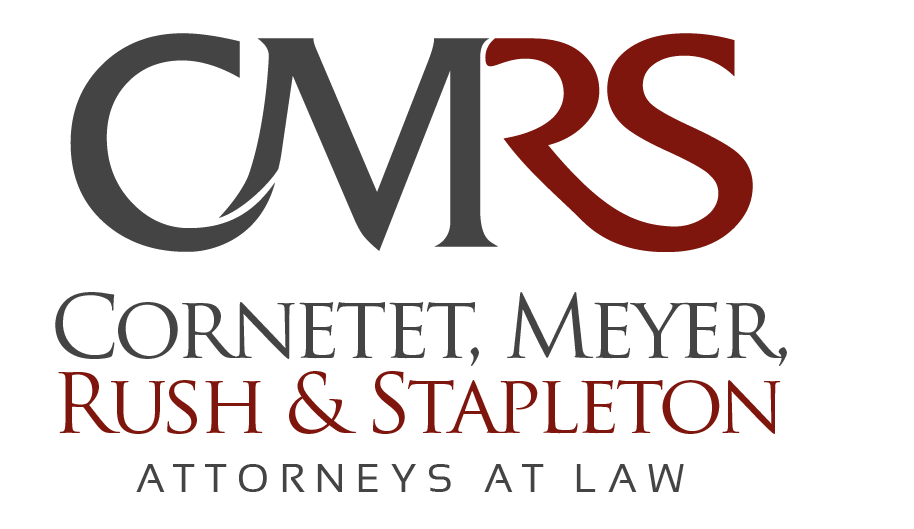Zoning and Land Use Regulations.
New real estate development can be exciting. It can also bring a lot of frustration to members of a community. Local governments address these development challenges through a regulatory process called “zoning.” Zoning is a series of government regulations and restrictions on both commercial and residential land uses.
Zoning regulations have been viewed as a facially valid exercise of a local governments’ police powers since 1926 when the U.S. Supreme Court decided Village of Euclid v. Ambler Realty Co., 272 U.S. 365. This landmark case has allowed municipalities to adopt zoning ordinances in order to protect the health, safety, morals and the general welfare of its community.
Once a municipality has created its neighborhood plan, it will adopt a zoning code which permits some uses, prohibits others, and tolerates some “conditional uses” through an administrative review and permit process. Restrictions on land uses can cause unexpected burdens on property owners, which is why exceptions to zoning ordinances are made in certain cases.
Variances.
Variances are a common tool that landowners use to request an exception from the current zoning requirements. For example, a property owner rehabbing his residential building may need to construct a rear addition as a necessary development, but building the addition would violate the City’s rear yard setback requirements under its zoning code. The solution would be to work with an attorney experienced in zoning and land use to request a rear yard variance to allow for the new addition.
Variances are closely reviewed by zoning administrative boards who analyze multiple factors to determine whether a variance request will benefit the public interest. Landowners who apply for a variance must persuade these local zoning administrators that granting their request for a variance will be in the public interest.
Conditional Uses.
Conditional uses involve activities with the potential to cause harm to a neighborhood. Generally, conditional uses may be approved if they will not interfere with the use and enjoyment of an adjacent property. For example, a landowner who needs a conditional use permit to open a bar with an outdoor event courtyard would work with a land use and zoning attorney to persuade to the local zoning board that the noise from the bar would not interfere with the neighboring residential area.
In order to receive approval, the conditional use must be carefully designed to minimize any negative impact on its neighboring properties. Through the administrative review process, the use may be granted, but subject to certain limitations.
Challenging Permits and Requests for Zoning Relief.
Despite the protections of zoning ordinances, the decision of a zoning board to grant or deny zoning relief requests vary on a case-by-case basis. Neighboring property owners do not always welcome new development and often band together as a group to petition against the unwanted change to their neighborhood. The more controversial the desired use, the more likely community residents will object to the developer’s request for zoning relief.
Advocating For Your Property Rights.
Property disputes can arise over many issues. If your neighbor’s activities are interfering with your property rights or violating zoning laws, we can help resolve these conflicts.
Our land use attorneys are familiar with municipal zoning ordinances and can interpret and defend your rights. Whether you need help applying for zoning relief or challenging an adverse development project, the land use and zoning attorneys at CMRS are here to help you.
If you need assistance with a zoning matter or would like to talk to a land use and zoning attorney, call our office at 513-771-2444. You can also send a brief description of your legal issue to a CMRS land use and zoning attorney, here.
